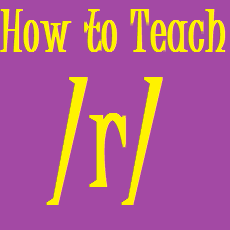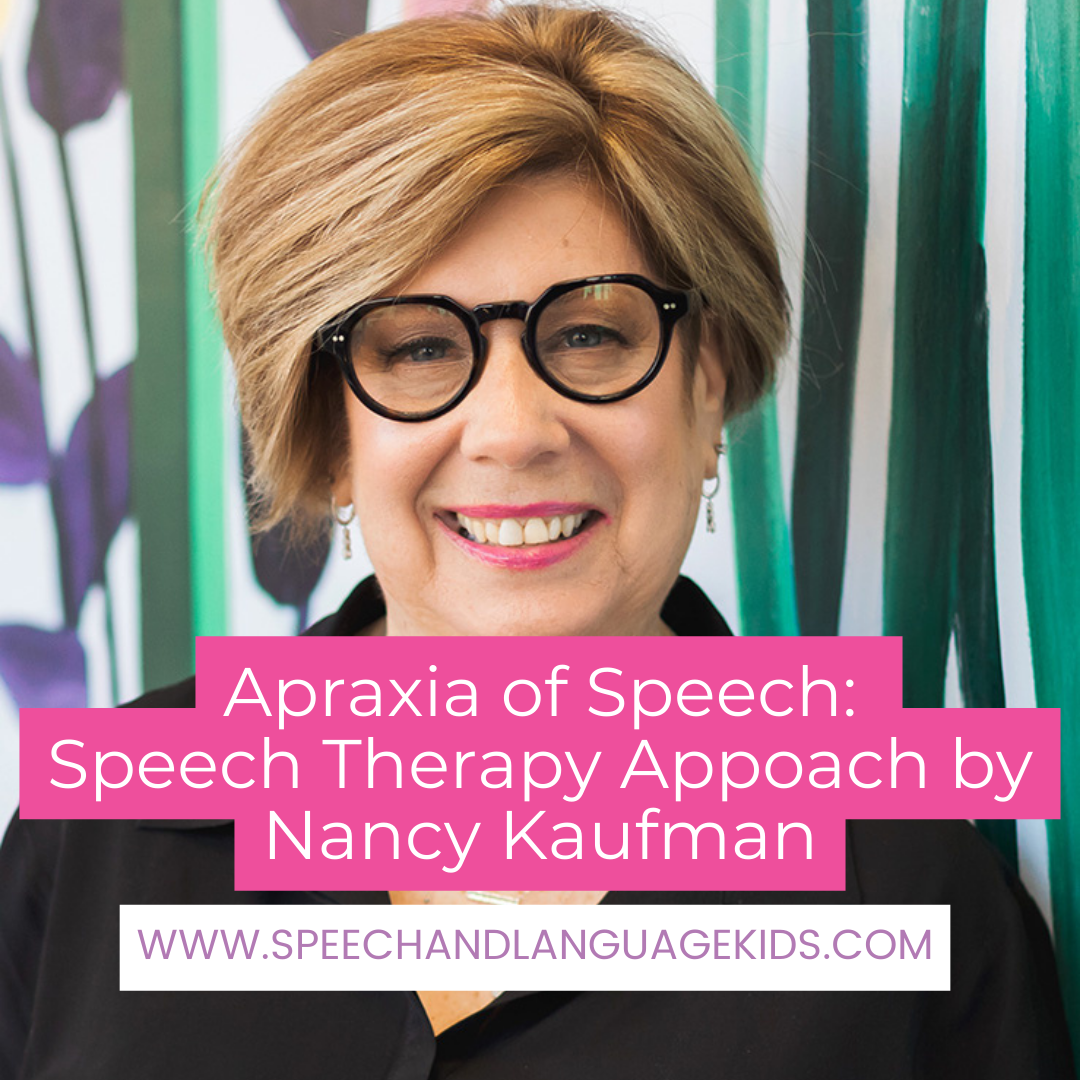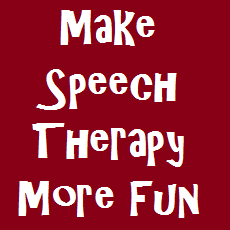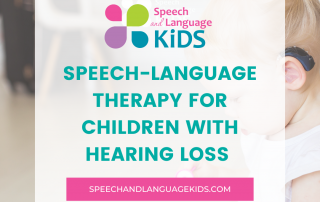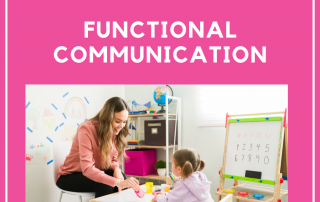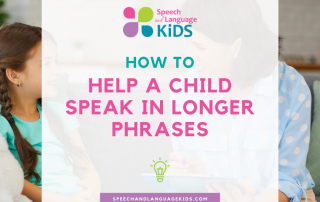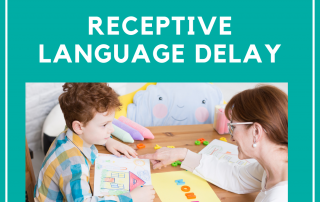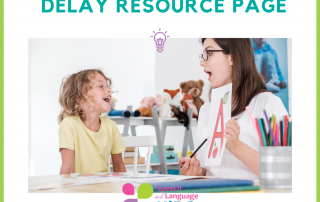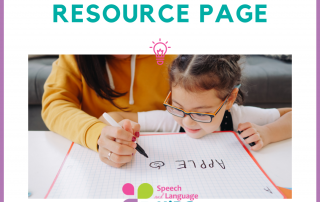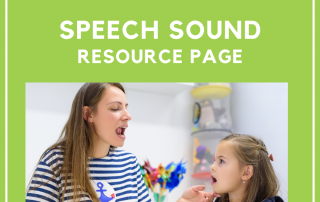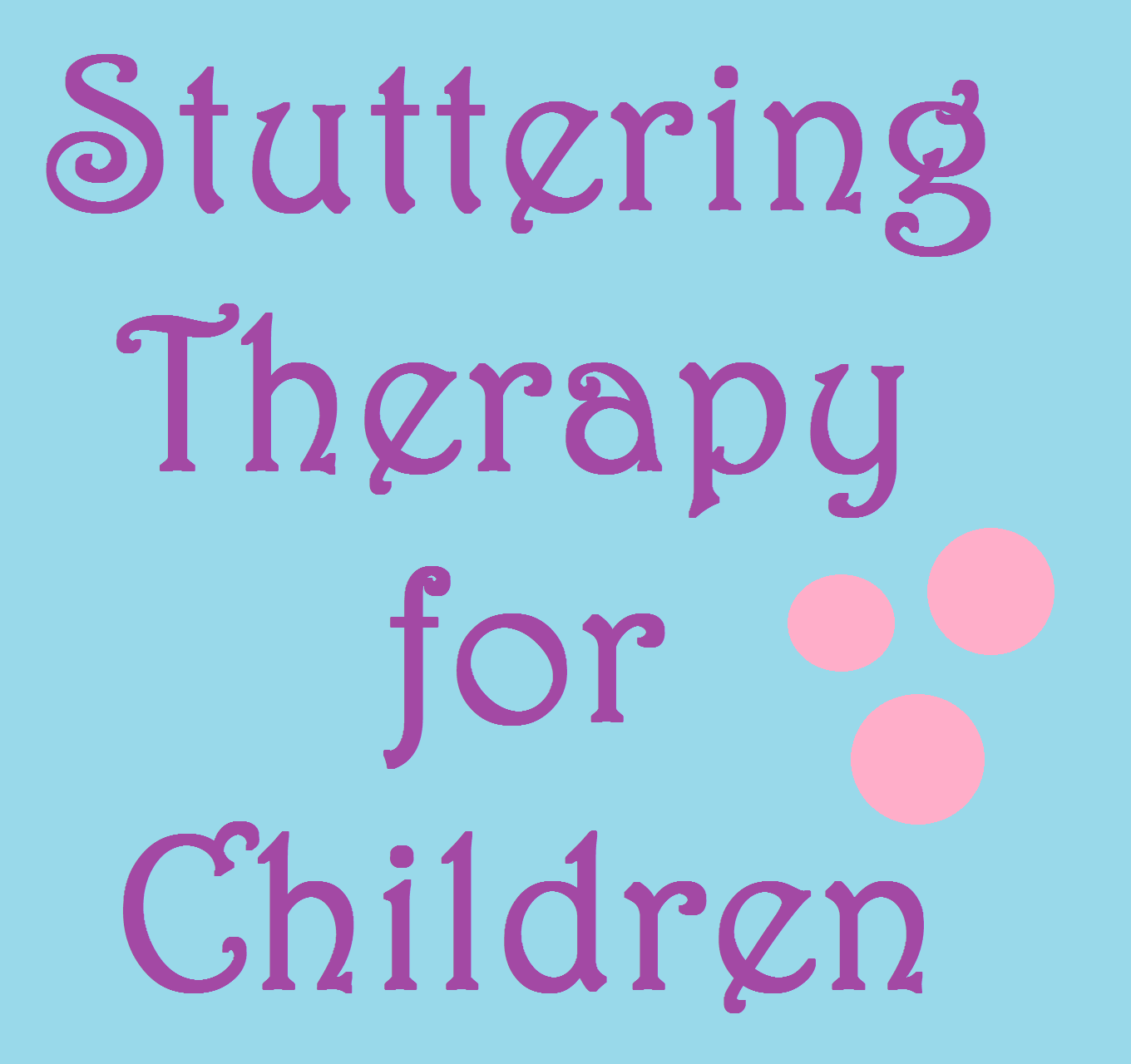Topic:
Resource Type:
Search Results:
Teaching Present Progressive “-ing” Words for Kids
How to Teach Present Progress "-ing" Words to Children: The present progressive “-ing” grammatical marker is the one we tack on the end of a verb to say that the action is currently happening. For example, we might say “he is running” or “she is flying”. When a
How to Teach the /r/ Sound with Christine Ristuccia
In episode 24 of the Speech and Language Kids Podcast, Carrie Clark interviews speech-language pathologist Christine Ristuccia, founder of "Say it Right" about how to teach that tricky /r/ sound. This is great information for parents or SLPs! Who Is Christine Ristuccia? Christine Ristuccia, M.S., C.C.C.-S.L.P. is an
Phonological Processes: Definition, Examples, and Therapy
What Are Phonological Processes? Phonological processes are patterns of sound replacements that children use to simplify their speech. When a child is young, he hears the speech sounds of the language used around him, but he can't yet produce all of them. Children don't sound like adults when they
Apraxia of Speech: Speech Therapy Approach by Nancy Kaufman
Teaching Adjectives to Children: Activities and Worksheets for Helping Kids Learn Adjectives Childhood Apraxia of Speech (CAS) is a rare, neurologically-based speech disorder where the child knows what he wants to say but the message gets mixed up in the motor-planning and execution phase so the sounds come
Initial Consonant Deletion: Minimal Pairs and Therapy Activities
What is Initial Consonant Deletion? Initial consonant deletion is the phonological process when a child consistently leaves off consonants from the beginning of words. For example, "stick" becomes "ick" and "tree" becomes "ee". While young children often leave consonants off of the ends of
How to Make Speech Therapy More Fun (At Home or in Therapy)
“If you’re bored, then the child is probably bored.” I once received that advice from a professor in college regarding our speech therapy sessions. And she was right. If I was feeling bored by a session, most likely the child was also bored and probably not doing his or
/f/ Sound Speech Therapy: Activities for teaching “f”
/f/ Sound Speech Therapy: How to Help Children Learn to Say the /f/ Sound Some children struggle to say the /f/ sound in conversational speech. We don't typically start working on the /f/ sound in therapy until a child is 4-5 years old as many children still struggle
Speech Therapy for Children with Hearing Loss
What is Hearing Loss? The term hearing loss describes a problem with a child’s hearing. Hearing loss can range from mild to profound. A child with a mild hearing loss may be able to understand the general idea of what is being said but may miss certain sounds or specific details.
Browse By Topic
Thanks for stopping by! Scroll down to view the topic-specific resource pages! Click on the square you want to continue. Premium Content: Pre-Made Lesson Plans, Worksheets, Handouts, Data Collection, Sample IEP Goals, and More for 39 Different Speech and Language Skills This 8-Week Program will Teach You
Functional Communication: Goals and Speech Therapy Ideas
What is Functional Communication? Functional communication refers to the most basic of communication skills. This type of communication gets one's basic wants and needs known, such as "I want that", "I am hurt", or "I need to use the bathroom". These are not complex
Literacy Resource Page
What is Literacy? Literacy refers to any reading or writing skills. Children with speech and language delays often have difficulty with literacy skills as well. Children who have difficulty pronouncing or understanding certain speech sounds may have difficulty with reading and writing those sounds as well. This can
Mean Length of Utterance (MLU) | Meaning, Norms, and Goals
Mean Length of Utterance (MLU) | Meaning, Norms, and Goals for Increasing Sentence Length Mean Length of Utterance: What is MLU? Mean length of utterance, or MLU, refers to the average length of the sentences that a child typically uses. For example, when children
Grammar Resource Page
What is Grammar? When we talk about helping children who have speech and language delays with grammar, we are talking about all of those little words and word parts that help us make complete sentences. Without grammar, our sentences would sound choppy or telegraphic. For example, instead of saying
Receptive Language Delay: Speech Therapy and Activities
Receptive Language Delay: Speech Therapy and Activities What is Receptive Language Delay? Receptive language delay is a broad diagnosis that simply means that a child has trouble understanding language. This covers a wide variety of language skills and the child may have trouble with all of those skill,
Expressive Language Delay Resource Page
Therapy Activities and Resources for Expressive Language Delays: What is an Expressive Language Delay? Expressive language delay (ELD) is a broad diagnosis that simply means that a child is having trouble using language in some way, shape, or form. Since this diagnosis is so broad, each child with
Tips for Late Talkers: How to Help at Home or in Speech Therapy
Tips for Late Talkers: How to Help at Home or in Speech Therapy According to the Hanen Centre Website, a late talker is defined as a child that is 18-30 months of age who seems to understand language well but does not talk or say words as much
Speech Sound Resource Page
What Are Speech Sound Disorders? Most children naturally learn to say sounds correctly by hearing other people say them. There are certain sounds that are typically acquired earlier and others that come a little later. For example, it's perfectly normal for a small child to say "tat" for "cat"
PECS for Autism | Speech Therapy Phases and Strategies
What are PECS? PECS stands for Picture Exchange Communication System. PECS is a systematic way to teach a child how to communicate with someone else by handing them a picture of what they want. This program was originally designed for children with autism but can be used
AAC Devices for Autism | Are Communication Devices Helpful?
AAC Devices for Autism AAC Devices for autism were designed with one thing in mind: giving a voice to children who can't speak. Speaking is how we as adults communicate with those around us. It allows us to interact with other people and influence the world around
Stuttering Therapy for Children
How to conduct stuttering therapy with children On, this episode of the speech and language kids podcast, Carrie Clark reviews the current research on stuttering therapy for children. You will also learn how to conduct this therapy yourself. Note: This information is not intended to replace the guidance of a licensed


